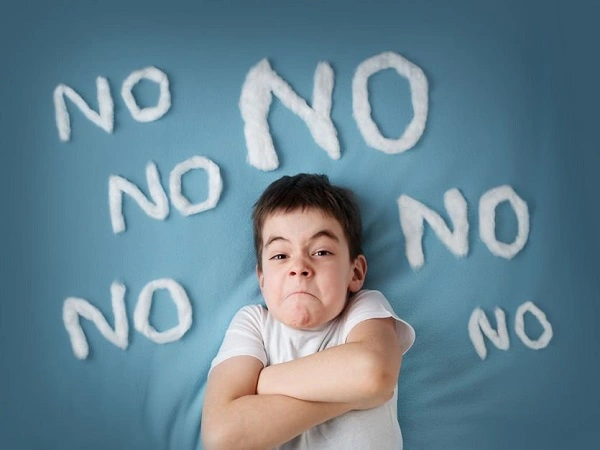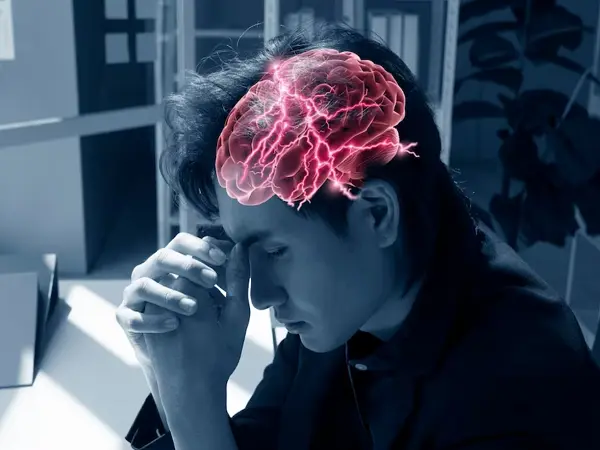Does ADHD Get Worse As You Grow Older? Symptoms And Treatment
ADHD (Attention-deficit/hyperactivity disorder) is a neurodivergent condition, which affects the brain at any age in general. Many wonder: Does ADHD get worse at a certain age or does ADHD get worse as you grow older? Perhaps the most pressing concern is: does ADHD get worse with age...










